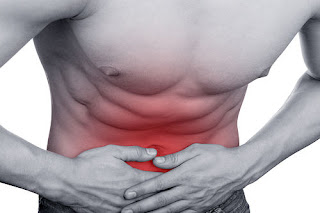A Lesson In Digestion - Part 1

I'm going to preface this by saying that all situations when it comes to a clients digestive concerns are highly individual and should be treated as such. The GI tract is extremely complex, with many facets that can be affected (or altered) due to a variety of different external or internal factors. When we think of digestive issues; the immediate go-to remedy often preached is an increased intake of dietary fibre and probiotics. To very briefly summarise these two; he role of fibre (inclusive soluble and insoluble) is to absorb water in the GI tract to allow nutrients to pass through efficiently and excrete any waste matter. Probiotics are live strains of bacteria found in the stomach which can to aid in digestive health, however the exact process is currently unknown. It's theorised that larger amounts of probiotics helps to balance out the "bad bacteria" in the stomach which may cause GI disorders such as IBS. What is known however is that it does not matt...


